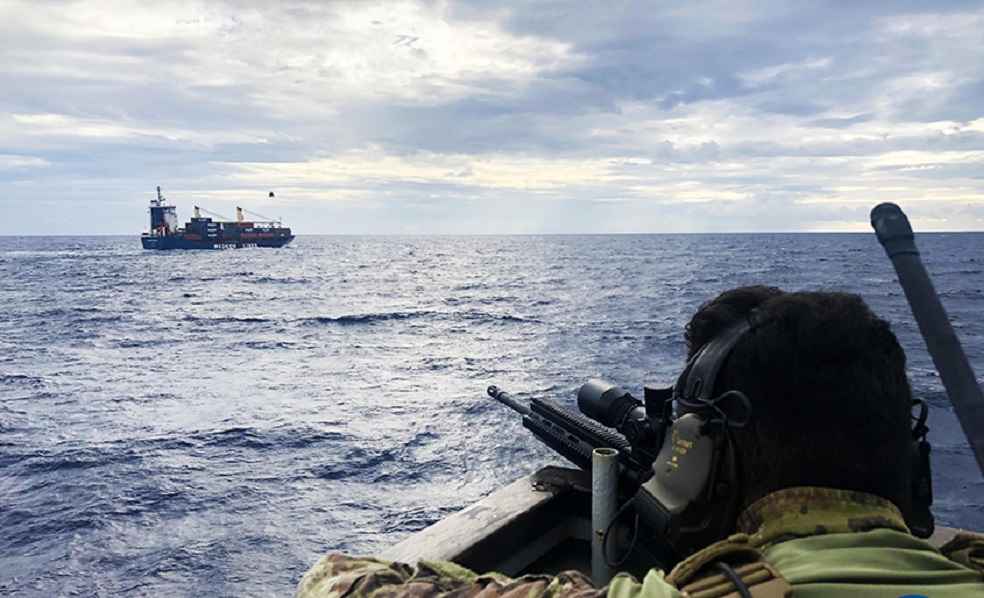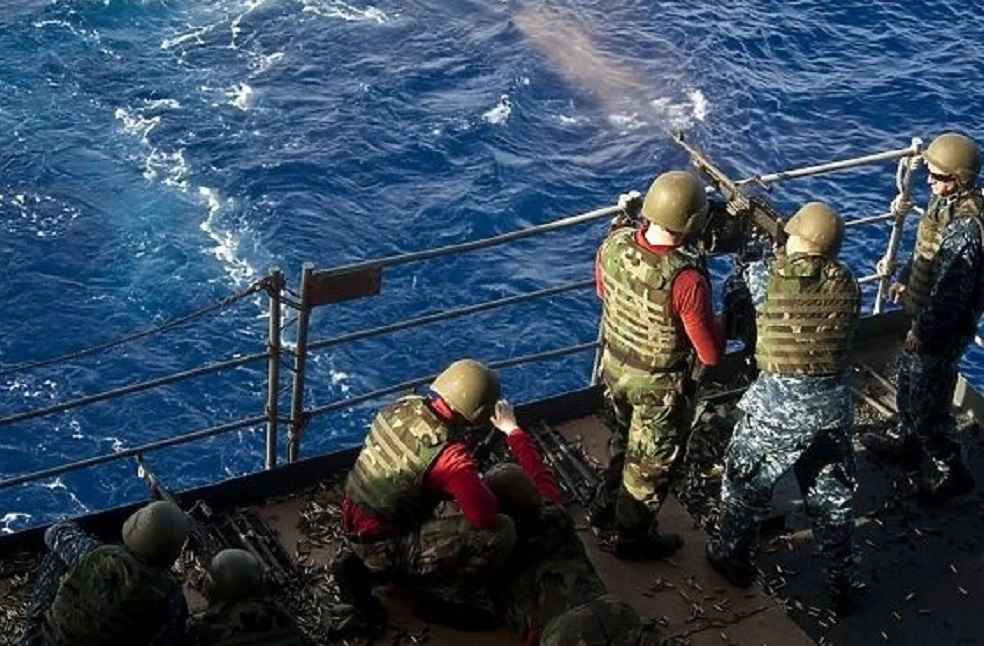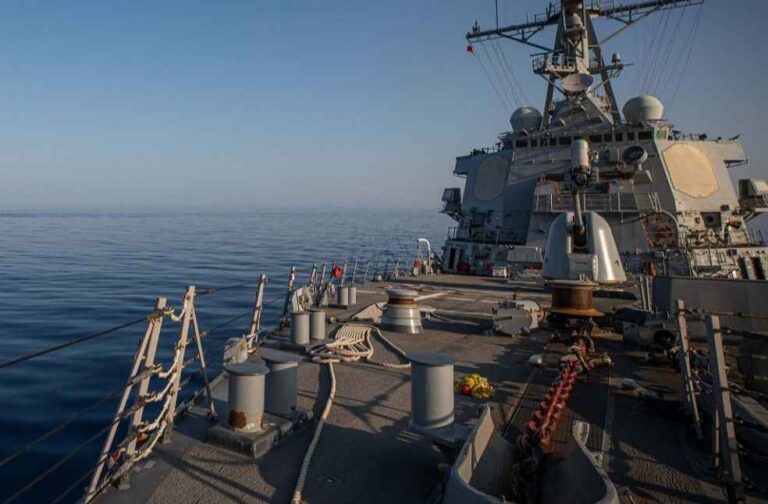The recent Houthi militia missile attacks on merchant vessels traversing the Red Sea have triggered a steep climb in ocean freight rates, throwing global supply networks into disarray. This development, crucially reported by Xeneta, an authority in industry analytics, reveals a 20% hike in spot rates since last Friday. The reason is the top shipping companies now steer clear of the Red Sea due to escalating Red Sea crisis.
Peter Sand, Xeneta’s Chief Analyst, describes the situation as akin to a “war situation,” highlighting the peril that has made the Red Sea and the Suez Canal, a crucial artery for world trade, highly dangerous for navigation. Consequently, vessels reroute via the Cape of Good Hope. This detour not only adds up to an extra 10 days of sailing but also inflates fuel costs by about $1 million for every journey between the Far East and North Europe.

Sand estimates this rerouting necessitates an additional capacity of about one million TEU (Twenty-Foot Equivalent Units). Such drastic changes signal a potential doubling of ocean freight rates, a financial burden eventually passed down to consumers worldwide.
Responding to these threats, US Secretary of Defense Lloyd Austin announced ‘Operation Prosperity Guardian’, a task force dedicated to thwarting Houthi attacks and ensuring the safety of merchant ships in both the Red Sea and the Gulf of Aden. This task force supplements the existing Task Force 153, focused on piracy.
While these political and military efforts represent a proactive stance, the effectiveness and timeliness of restoring safe maritime corridors remain a question. The Suez Canal’s strategic importance is now under the spotlight, with billions in goods passing through daily, largely from the Far East to North Europe, the Mediterranean, and the US East Coast.

Major shipping players like Maersk and CMA CGM Group express uncertainty and concern. Maersk hesitates to navigate through the Bab-el-Mandeb Strait, and CMA CGM Group’s declaration of Force Majeure suggests skepticism about a quick resolution to the crisis.
This upheaval also impacts negotiations between shippers and ocean freight carriers for contracts spanning into 2024, with fears that long-term rates may soar in response to the current crisis.
As the situation evolves, its ripple effects on global trade and economies are closely watched and the international community remains on alert
AEROSPACE AND DEFENCE | Red Sea Attacks by Houthis Jolt Global Trade, Spark Security Alarms



